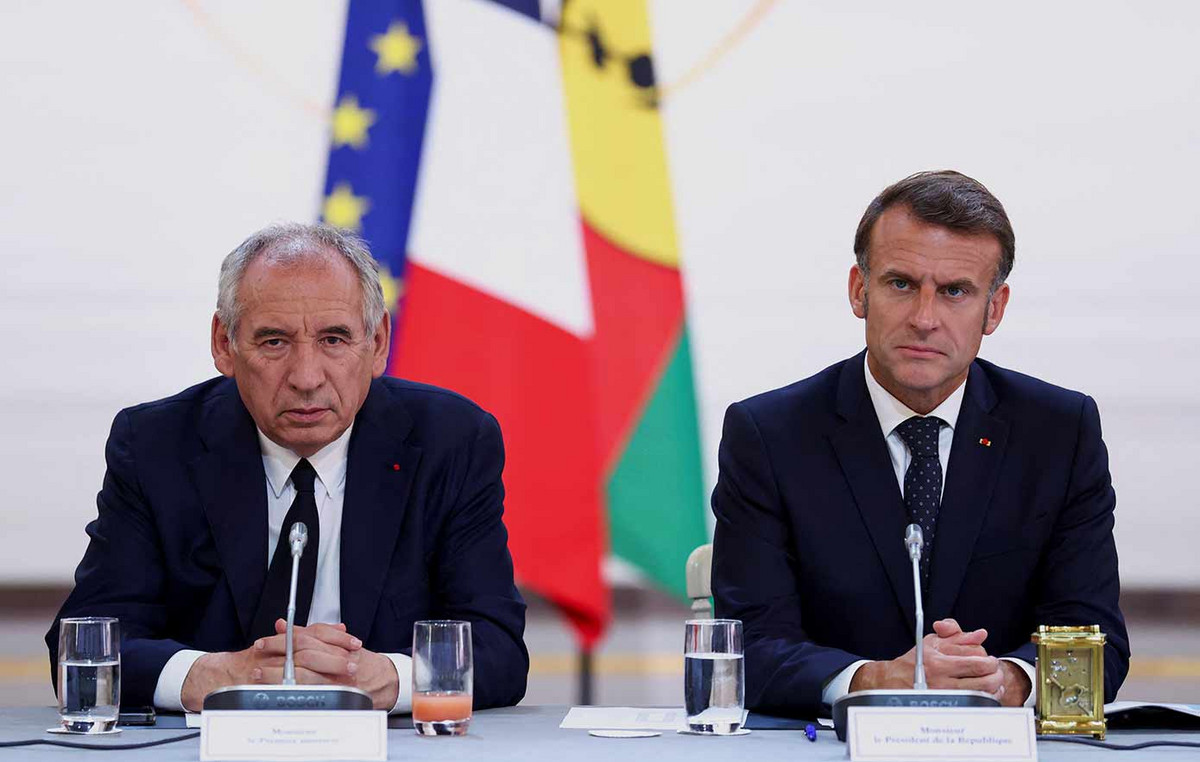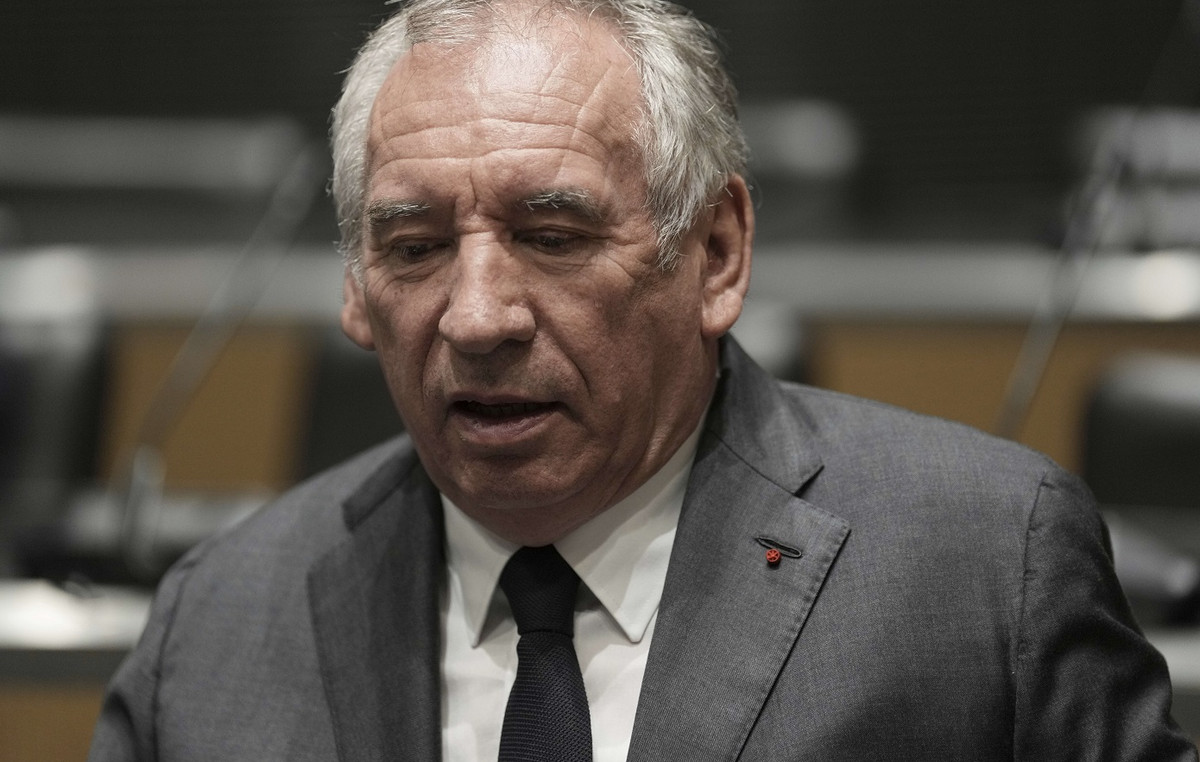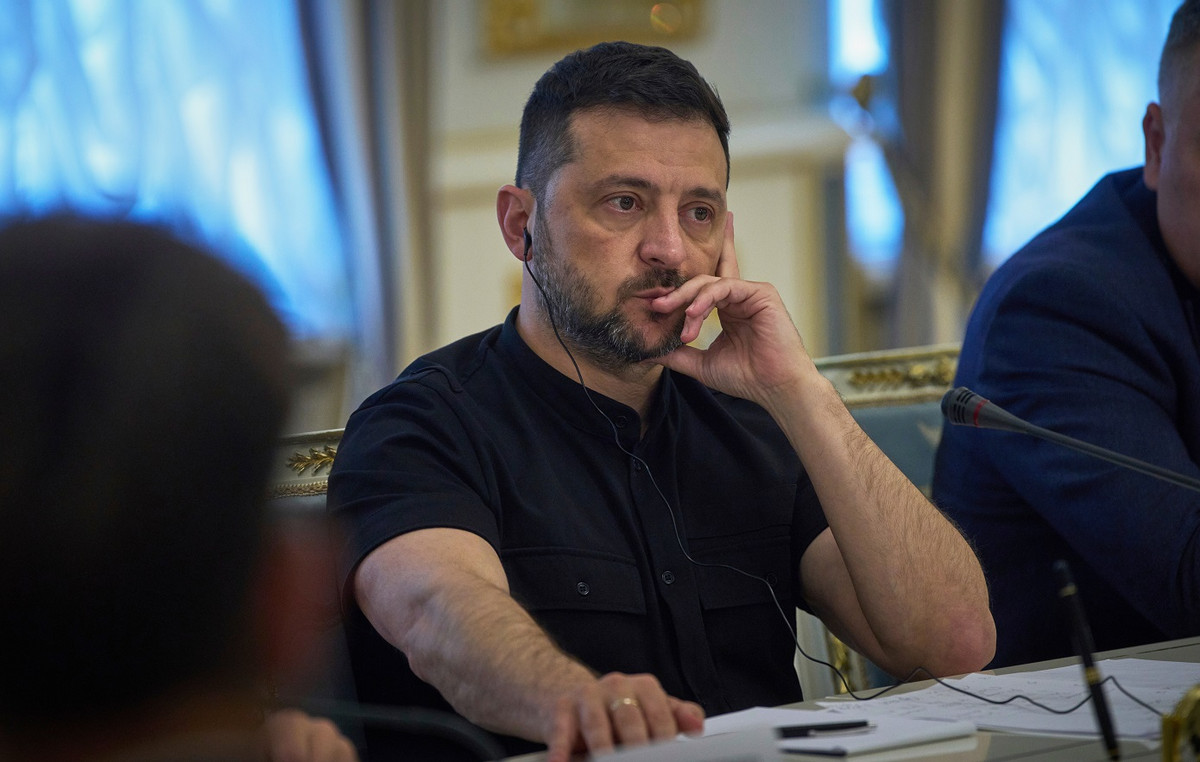The Brazilian Bar Association (OAB) of Rio de Janeiro sent to the state government a document with a series of proposals to be incorporated into the State Plan for the Reduction of Police Lethality. The order’s first contribution proposes that, through immediate government decisions, the lethality of the Rio de Janeiro police drops by 70% within a year from this Tuesday (14).
The proposal is based on academic research carried out by the Grupo de Estudos dos Novos Ilegalismos at Universidade Federal Fluminense (GENI/UFF), a center for the production and refinement of data related to public security. The study shows that, in the period immediately following the decision of the Federal Supreme Court (STF) to restrict operations in communities, lethality decreased by 70%. For the president of the Public Security Commission of the OAB-RJ, Rafael Borges, the number is an indication that the proposal “is not a delusion of political militancy, but an extremely achievable goal”.
“This objective is our immediate proposal, this is the minimum. The idea is that lethality drops to zero, because the police are not made to kill. This level of lethality is not compatible with the Democratic State of Law”, says the lawyer.
The state government published a fatality reduction plan in March this year. It provides for continued training of agents to improve the “understanding and application of the progressive use of force” in actions with the use of firearms, psychological monitoring of police officers and the development of socio-emotional skills so that teams are prepared to approaches to civilians and clashes. Also within the scope of the plan, at the end of May, the government made it possible to use surveillance cameras in external activities for military police officers from a company and eight battalions in Rio de Janeiro.
The participation of the OAB, the Public Defender’s Office and the State Public Ministry in the lethality reduction plan was determined by a sentence of Minister Edson Fachin, of the STF. The bodies were called upon to submit proposals, which may or may not be accepted by the government, subject to justification.
The OAB’s contribution had a popular listening stage, through a face-to-face meeting with social movements, academics, parliamentary mandates, human rights entities, lawyers and people in interaction with the Arguição de Descumprimento de Preceito Fundamental (ADPF) 635.
Order proposes transparent communication system
The OAB document calls for “a public security policy that discusses and mitigates structural racism, controls police activity through democratic mechanisms, commits to the end of police lethality and respects national and foreign judicial decisions that discipline state behavior”.
The order also indicates the need for the State government to carry out additional stages of listening to civil society to consolidate the plan to reduce deaths in operations. For the OAB, measures with immediate effect depend exclusively on the will and political determination of the government of the State of Rio de Janeiro or other Powers.
“All communication related to police action in the course of operations, especially the document or intelligence information that gave rise to it, must be recorded and there must be accurate inventories regarding the weapons used by each employee”, says the document.
For the president of the Public Security Commission, Rafael Borges, transparency in the system serves both to facilitate the identification of agents who commit irregularities and to protect the integrity of police officers.
“The idea is to have a monitoring system that makes it easier to identify police officers who eventually commit deviations. And that the competent investigation bodies have access to information in the most efficient way possible. The identification of the weapons, used by which police officers, where the command comes from and the intelligence documents that subsidize the action”, explains the lawyer.
In one of the sections, the order mentions the need to rationalize the use of public security resources. According to Rafael Borges, there is no data that demonstrate a direct association between the increase in investments in operations and a decrease in crime in the state.
THE CNN contacted the Government of the State of Rio de Janeiro about the OAB’s proposals and awaits a response.
On the 27th, Minister Edson Fachin ordered the State of Rio de Janeiro to hear, within 30 days, the State Public Ministry, the State Public Defender’s Office and the OAB Sectional Council on the plan to reduce police lethality in the River.
In response to the decision of the STF, Castro told the CNN which will present the measures within the deadline determined by the Supreme Court.
“I spoke with Minister Fachin last Friday (10). We spoke on the phone and will speak next Wednesday (22), in person. The decision came on Friday itself and on Friday I already sent a request to the Public Security Institute to schedule public hearings. My determination is to comply with the 30 days determined by the STF. Judicial decision is fulfilled. Throughout this week and next week we will hold public hearings to improve the plan that we have forwarded and direct it to the STF”, declared the governor.
* Under supervision of Helena Vieira and with information from Cleber Rodrigues and Beatriz Puente
Source: CNN Brasil







